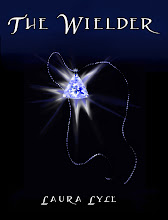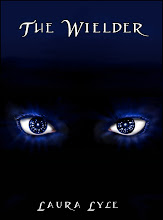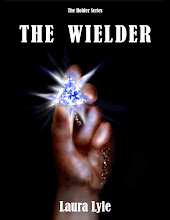Getting down to the wire here, but very close to being done. My husband has the manuscript now and he's my last reader. While he's reading it over, I'm rewriting my outline and synopsis. At least my bio is up to date, so that's one thing I don't have to worry about.
You know, it was only after I found my agent that discovered I had to have what I call the Package: an outline, synopsis, and bio. I mean, come on! I already wrote an entire book--several times over if you count the different drafts. That, at least, was fun. Grrrr.
So be warned, future novelists, and be prepared. While you're sending out those queries to agents or editors, get your Package ready.
I like to start with the outline. It's easy enough. I scan through the book and express each chapter in concise, outline form. Then I read it through, removing unnecessary details, and there I have a working outline.
From the outline I construct my synopsis. Now, I've done this a few times, but I'll be honest--I'm not very good at it. How can I realistically summarize my entire novel in only four or five pages (or less) and still maintain a story-like flow? Not easy. I recommend looking up the tried-and-true techniques used by published novelists. They've already proven that can write a worthwhile synopsis, which I have yet to do--sigh.
The bio is simpler. It's basically your writing resume, but without the fancy fonts and layout. Just tell them what you've done: short stories, writing awards, plays, and education is nice too. They don't really want to hear that you worked in a candy shop for four years (unless your novel is about a candy shop, of course) or that you hate broccoli (please, please, please tell me your novel isn't about broccoli!).
The point of all this--writing a novel isn't enough to get you noticed. You have to learn the writing trade and prove you're professional enough to pull your weight. The synopsis, outline, and bio are certainly for the editor's convenience (and don't you want to make their job easier?), but they're also a great exercise for the author. I know any number of fellow writers who, when they are asked 'What is your book about?', chew their lips for a moment then say 'It's, well, I guess you just have to read it.'
Not good. The cure? Write a synopsis. And probably an elevator-pitch too (that single sentence that expresses your story in a nutshell). Good for the writer, helpful to the editors, and a life-saver for the hapless innocents who politely ask what your book is about.
And lots of work. :)
I better get back to it.
Wednesday, May 4, 2011
Subscribe to:
Post Comments (Atom)





No comments:
Post a Comment